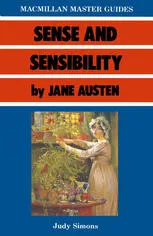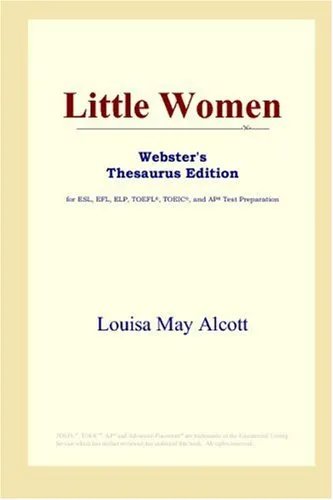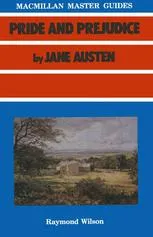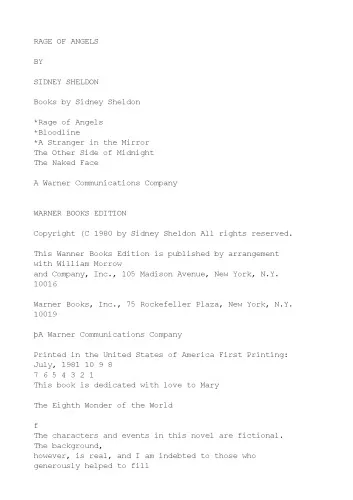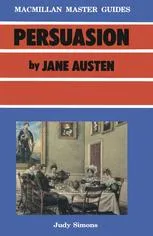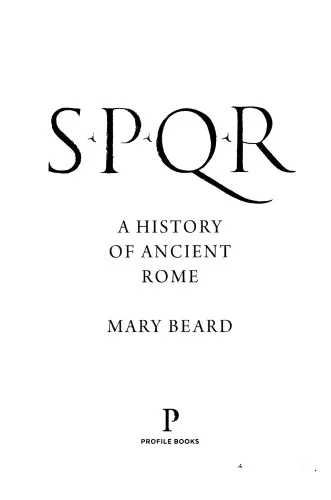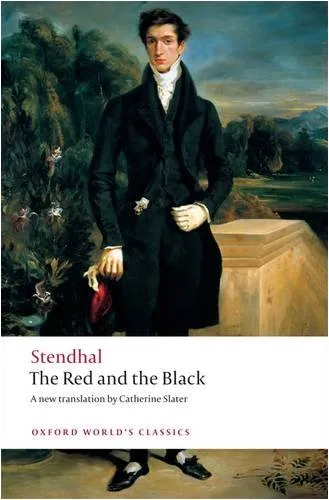Sense and Sensibility by Jane Austen
4.2
Reviews from our users

You Can Ask your questions from this book's AI after Login
Each download or ask from book AI costs 2 points. To earn more free points, please visit the Points Guide Page and complete some valuable actions.Related Refrences:
Introduction to "Sense and Sensibility"
"Sense and Sensibility," Jane Austen's beloved novel, is a masterful exploration of the social and familial dynamics during the Regency Era in England. Published in 1811, this book serves as a timeless tale of love, heartbreak, and societal expectations, and it introduces readers to the contrasting personalities of the Dashwood sisters. The novel beautifully illustrates how their differing approaches to life and romance affect their fortunes and happiness.
Detailed Summary of the Book
"Sense and Sensibility" follows the life of the Dashwood family after the death of Mr. Dashwood, which leaves his wife and three daughters—Elinor, Marianne, and Margaret—in strained economic circumstances. The family must leave their estate, Norland Park, to their wealthy but selfish half-brother, John Dashwood, and relocate to a modest home in Barton Cottage.
The novel centers on the contrasting characteristics of the two elder sisters, Elinor and Marianne. Elinor embodies 'sense,' being practical, rational, and composed. In contrast, Marianne represents 'sensibility,' driven by emotion, spontaneity, and passion. The story intricately weaves their relationships and romantic entanglements with societal themes. Elinor forms an attachment to Edward Ferrars, who, unbeknownst to her, is secretly engaged to another woman. Meanwhile, Marianne falls for the charming but unscrupulous John Willoughby, ignoring the attentions of the honorable Colonel Brandon.
The unfolding narrative reveals secrets, disappointments, and the consequences of social conventions. Ultimately, both sisters find love but learn that a balance between sense and sensibility is essential to a fulfilling life.
Key Takeaways
- Balance between Emotion and Reason: The novel teaches that neither extreme emotional impulsiveness nor excessive rationality leads to happiness—harmony between the two is necessary.
- Critique of Social Norms: Austen critiques the societal norms of her time, particularly those relating to inheritance laws and the dependence of women on advantageous marriages.
- Character Development: The growth of Elinor and Marianne is crucial as they navigate challenges, showcasing the evolution of character in the face of adversity and societal pressure.
Famous Quotes from the Book
Jane Austen's sharp wit and insight are evident in numerous memorable lines throughout the novel. Some of the most famous quotes include:
"Know your own happiness. You want nothing but patience – or give it a more fascinating name, call it hope."
"It is not what we think or feel that makes us who we are. It is what we do. Or fail to do."
Why This Book Matters
"Sense and Sensibility" remains a significant work in the canon of English literature due to its incisive examination of the tension between emotional excess and restrained pragmatism. Austen's narrative approach offers a critique of 19th-century British society, particularly concerning women's roles and economic vulnerabilities. The novel's enduring relevance lies in its universal themes of love, duty, and personal growth. Its characters, although products of a specific era, continue to resonate with readers worldwide because of their relatable struggles and triumphs.
Austen's prowess in character development and her ability to weave humor and wisdom into storytelling ensure that "Sense and Sensibility" continues to capture the hearts of readers, making it a timeless classic that explores the depth of human emotion and the importance of balance in life.
Free Direct Download
You Can Download this book after Login
Accessing books through legal platforms and public libraries not only supports the rights of authors and publishers but also contributes to the sustainability of reading culture. Before downloading, please take a moment to consider these options.
Find this book on other platforms:
WorldCat helps you find books in libraries worldwide.
See ratings, reviews, and discussions on Goodreads.
Find and buy rare or used books on AbeBooks.
1508
بازدید4.2
امتیاز0
نظر98%
رضایتReviews:
4.2
Based on 0 users review
Questions & Answers
Ask questions about this book or help others by answering
No questions yet. Be the first to ask!
